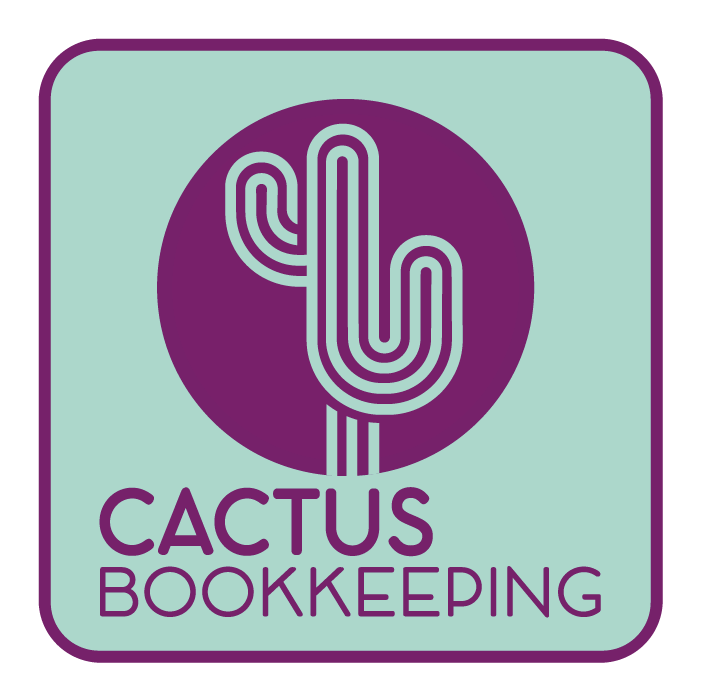End of financial year preparation: A guide for business owners

As the end of the financial year (EOFY) approaches, business owners should take the time to review their financial records, reconcile accounts, and prepare for the year ahead. Staying organised ensures you have a clear understanding of your business’s financial position and allows you to make informed decisions for growth.
Here’s a structured guide to help you get your business finances in order before the financial year closes.
Review and reconcile your financial records:
Accurate financial records are essential for understanding your business’s performance. As the EOFY nears, take the time to:
- Ensure all income and expenses are recorded correctly
- Reconcile bank statements with business transactions
- Address any discrepancies to maintain accurate financial data
Keeping well organised records helps with reporting, forecasting, and setting financial goals for the next year.
Follow up on outstanding invoices:
Unpaid invoices can impact cash flow and business stability. Before the year ends, make sure to:
- Review any outstanding customer payments
- Send reminders for overdue invoices
- Update your records to reflect payments received
A proactive approach to accounts receivable helps maintain a healthy cash flow and ensures a smoother transition into the new financial year.
Organise and review business expenses:
Tracking expenses efficiently allows business owners to manage costs effectively. Ensure that:
- All receipts and invoices are stored and categorised
- Recurring expenses, such as subscriptions and operational costs, are reviewed
- Any unnecessary spending is identified for potential cost-saving opportunities
Regularly reviewing expenses provides insight into spending patterns and helps you adjust to improve profitability.
Assess cash flow and financial planning:
A strong cash flow strategy is key to sustaining and growing a business. As the financial year closes, take time to:
- Analyse income and expenditure trends
- Identify opportunities to optimize cash flow
- Develop a financial plan for the next 12 months
Understanding how money moves through your business allows for better decision making and financial stability in the long term.
Back up financial data and reports:
Maintaining secure and accessible financial records is a best practice for any business.
Ensure that:
- Digital copies of receipts, invoices, and financial reports are backed up
- Data is securely stored in cloud-based accounting software or external storage
- Records are easily accessible for future reference
A well-maintained financial record system simplifies reporting and ensures that historical data is readily available when needed.
Seek professional support for financial organisation:
Preparing for the end of the financial year can be time consuming, and ensuring financial accuracy is crucial. A bookkeeper can assist with:
- Keeping your financial records well organised
- Providing insights into cash flow and spending patterns
- Helping you establish better financial processes for the future
If you’re looking for a professional bookkeeping service to help manage your financial records, Cactus Bookkeeping is accepting new clients from April 2025.
Get in touch to ensure your business is financially organised for the year ahead.
Enter the new financial year with confidence and a strong financial foundation.


ABOUT SUE
Sue Haynes is the founder of Cactus Bookkeeping and helps business owners
with all aspects of Bookkeeping to save them time so they can concentrate on running their
business. Sue is licensed, regulated and supported by the Institute of Certified Bookkeepers (ICB)
